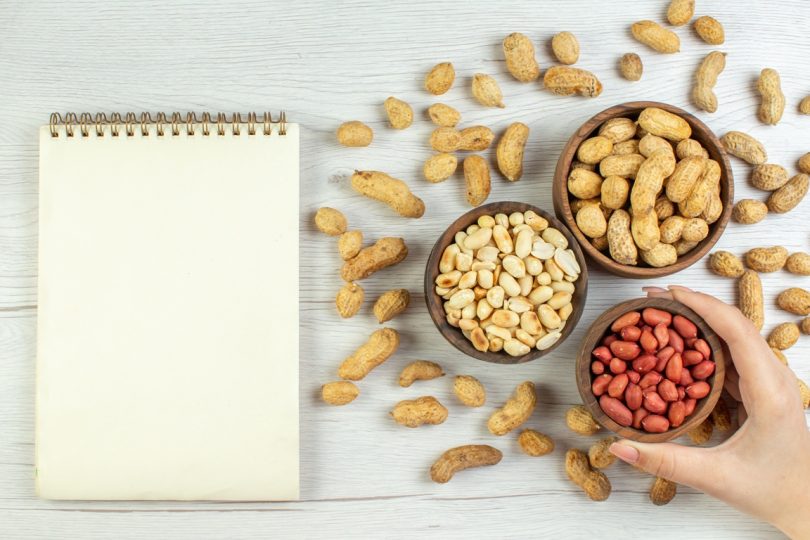Table of Contents
Key Takeaways:
- Peanuts contain a significant amount of carbs, making them less suitable for the keto diet.
- Their insulin response and potential impact on weight loss may hinder keto progress.
- Allergies and sensitivities to peanuts pose health risks for some individuals.
- Considering alternatives is essential for maintaining keto adherence and overall well-being.
Understanding the Keto Diet
The keto diet is a low-carb, high-fat eating plan designed to induce a metabolic state called ketosis. In ketosis, the body primarily burns fat for fuel instead of carbohydrates. This shift in metabolism can lead to weight loss and other health benefits.
Central to the keto diet is the restriction of carbohydrates, typically to around 20-50 grams per day. This limitation forces the body to rely on fat for energy, producing ketones as a byproduct. Adequate protein intake is also important, but excessive protein consumption can interfere with ketosis.
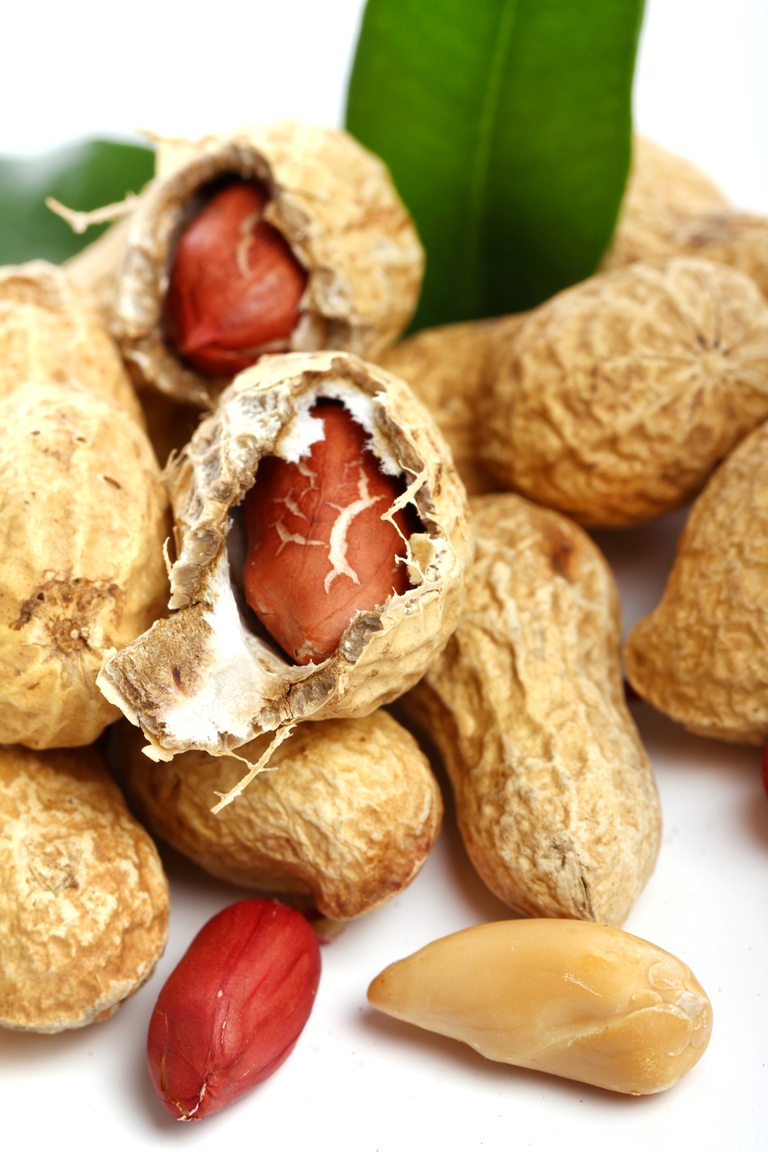
Nutritional Profile of Peanuts
Peanuts are a popular legume known for their crunchy texture and nutty flavor. While they are often considered a convenient snack, their nutritional composition may not align well with the keto diet.
A 100-gram serving of raw peanuts contains approximately:
| Nutrient | Amount |
|---|---|
| Carbohydrates | 16 grams |
| Protein | 25 grams |
| Fat | 49 grams |
| Fiber | 9 grams |
Carbohydrates make up a significant portion of peanut’s macronutrient profile, which can potentially hinder ketosis on the keto diet.
Despite being low in net carbs due to their fiber content, the total carbohydrate count in peanuts still needs to be considered when following a strict keto regimen.
Carbohydrates in Peanuts and Ketosis
When it comes to keto, monitoring carbohydrate intake is crucial. Even though peanuts contain dietary fiber, which can offset some of their carb content, they still contribute to the overall carb count.
The net carb content of peanuts is approximately 7 grams per 100 grams. For individuals aiming for keto, this can be a significant portion of their daily carb allowance.
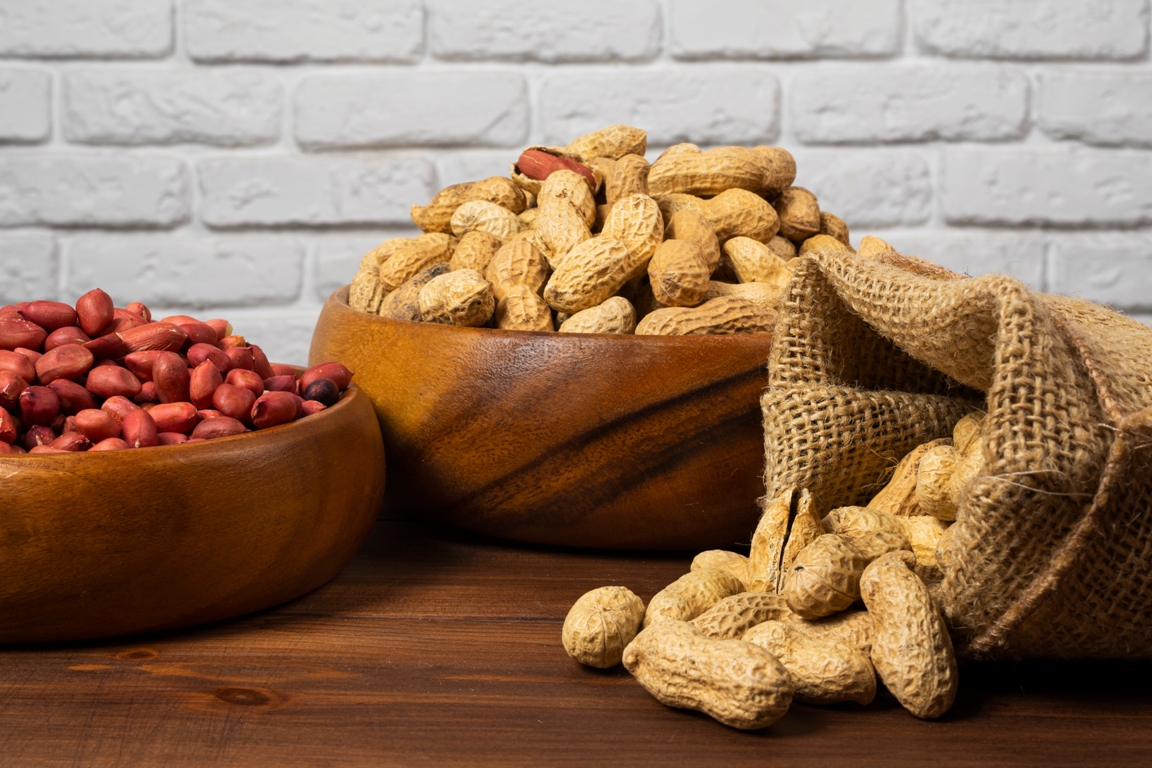
Peanuts and Insulin Response
Insulin plays a crucial role in the keto diet, as it regulates blood sugar levels and influences fat storage. Foods with high glycemic indexes can cause spikes in insulin levels, potentially disrupting keto efforts.
While peanuts have a relatively low glycemic index, their carb content can still prompt an insulin response. This response may interfere with achieving and maintaining ketosis, especially for individuals with insulin sensitivity or resistance.
Potential Impact of Peanuts on Weight Loss
Weight loss is a common goal for those following the keto diet. However, certain foods, including peanuts, may pose challenges in achieving this objective.
The calorie density of peanuts, coupled with their carb content, can contribute to excess calorie intake if not consumed mindfully. Additionally, some studies suggest that peanuts may not promote satiety as effectively as other keto-friendly foods, potentially leading to overconsumption.
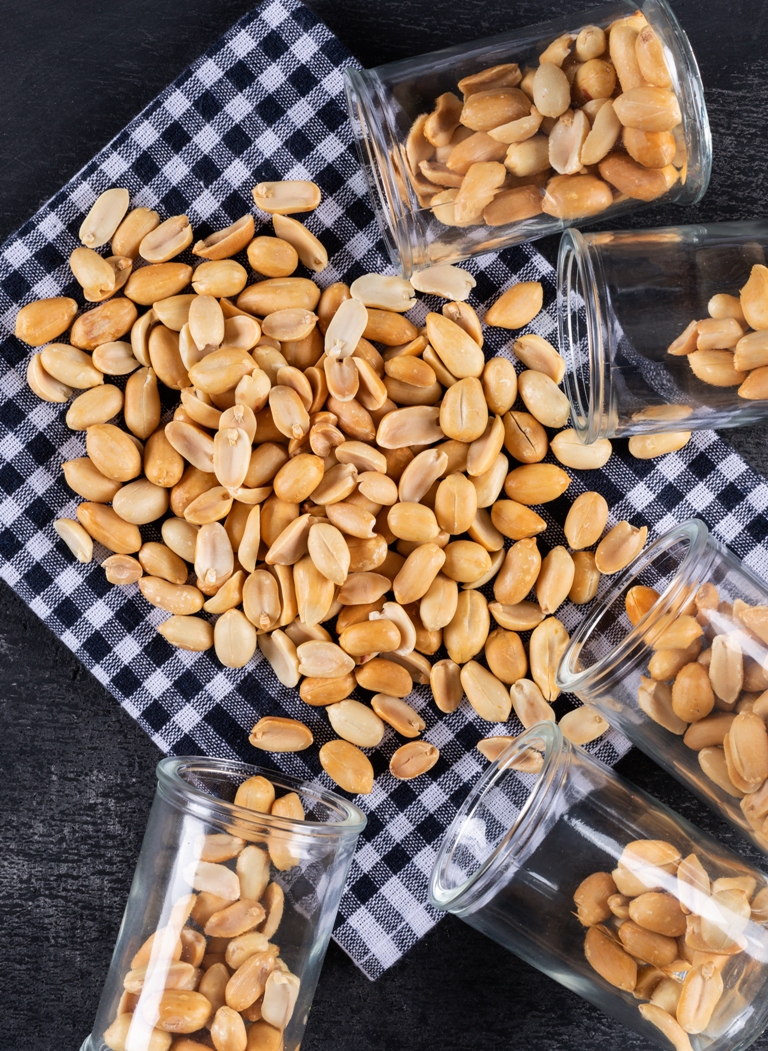
Allergies and Sensitivities to Peanuts
Peanut allergies are among the most common food allergies worldwide, affecting both children and adults. For individuals with peanut allergies or sensitivities, consuming peanuts can trigger severe allergic reactions, ranging from mild itching to life-threatening anaphylaxis.
Even if you don’t have a diagnosed allergy, sensitivity to peanuts can still cause digestive discomfort or inflammation, compromising overall health.
Other Concerns Regarding Peanuts on Keto
Aside from their impact on keto goals and allergic reactions, there are other considerations when incorporating peanuts into a keto lifestyle.
Antinutrients present in peanuts, such as phytic acid, can interfere with nutrient absorption, potentially compromising the effectiveness of the keto diet. Additionally, the processing methods used for peanuts, such as roasting or flavoring, may introduce additional carbs or unwanted ingredients.
Frequently Asked Questions
Can you eat peanut butter on keto?
While peanut butter is derived from peanuts, its carbohydrate content can vary depending on added ingredients such as sugars or hydrogenated oils. It’s essential to choose natural, unsweetened peanut butter and consume it in moderation to stay within your keto carb limits.
What nuts are best for keto?
Nuts that are lower in carbs and higher in fat, such as almonds, macadamia nuts, and pecans, are better suited for the keto diet. These nuts provide healthy fats and essential nutrients without significantly impacting ketosis.
How many carbs are in peanuts?
A 1-ounce (28-gram) serving of peanuts contains approximately 6 grams of carbs, including 2 grams of fiber. This equates to a net carb count of around 4 grams per serving, which should be considered when following a keto eating plan.
Are there any health benefits to eating peanuts on keto?
While peanuts are a good source of protein and healthy fats, their carb content may limit their suitability for the keto diet. However, peanuts do provide essential nutrients such as vitamin E, magnesium, and folate, which can contribute to overall health when consumed in moderation.
Can I consume peanuts in moderation on keto?
Moderation is key when incorporating peanuts into a keto diet. While small servings of peanuts can fit into a keto meal plan, it’s essential to track your carb intake and prioritize lower-carb nut options to maintain ketosis.
Will eating peanuts kick me out of ketosis?
Consuming peanuts in moderation is unlikely to kick you out of ketosis if you stay within your daily carb limit. However, it’s essential to monitor your carb intake from all sources, including peanuts, to ensure you remain in ketosis and continue experiencing the benefits of the keto diet.
Are there any low-carb peanut alternatives for keto?
Yes, there are several low-carb alternatives to peanuts that are better suited for the keto diet. Some options include almonds, macadamia nuts, pecans, and walnuts, which provide similar nutritional benefits without the same carb content.
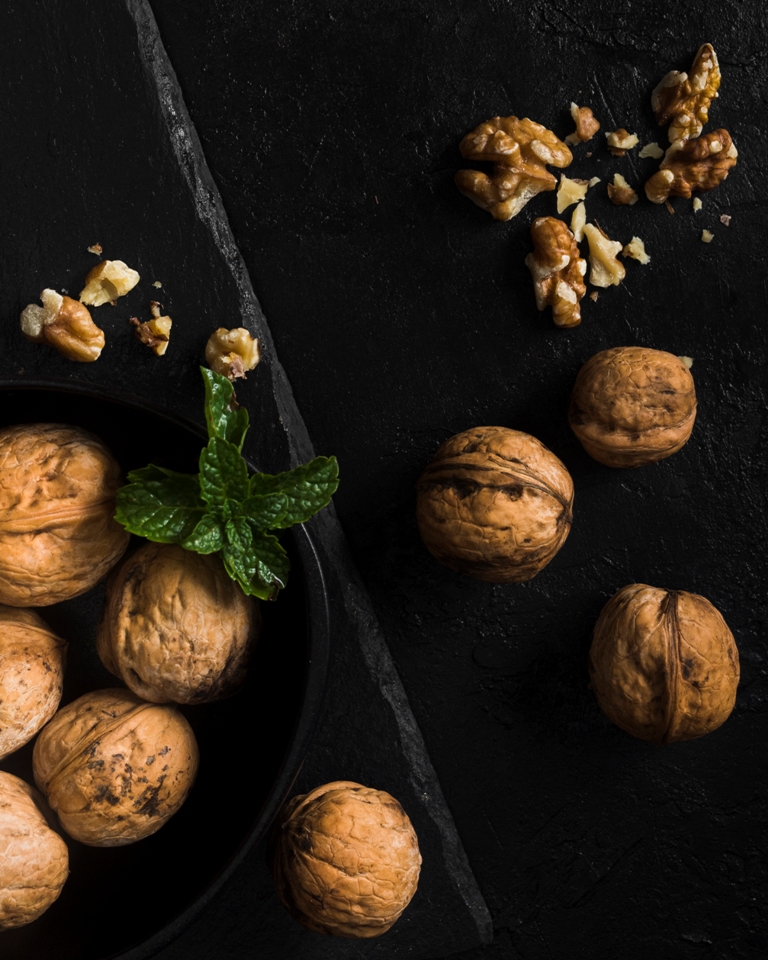
In conclusion, while peanuts are a tasty and convenient snack, they may not be the best choice for those following the keto diet. Their relatively high carb content and potential impact on insulin response can make it challenging to maintain ketosis and achieve weight loss goals.
For individuals with peanut allergies or sensitivities, avoiding peanuts altogether is crucial to prevent adverse reactions. Additionally, considering alternative nuts that are lower in carbs, such as almonds, macadamia nuts, and pecans, can help support keto adherence while providing essential nutrients.
Ultimately, the decision to include peanuts in a keto diet should be based on individual dietary preferences and health goals. By staying informed and mindful of carb intake, individuals can optimize their keto journey for success.

